Filmmakers Detained Over ‘Blood Parliament’ Documentary Released
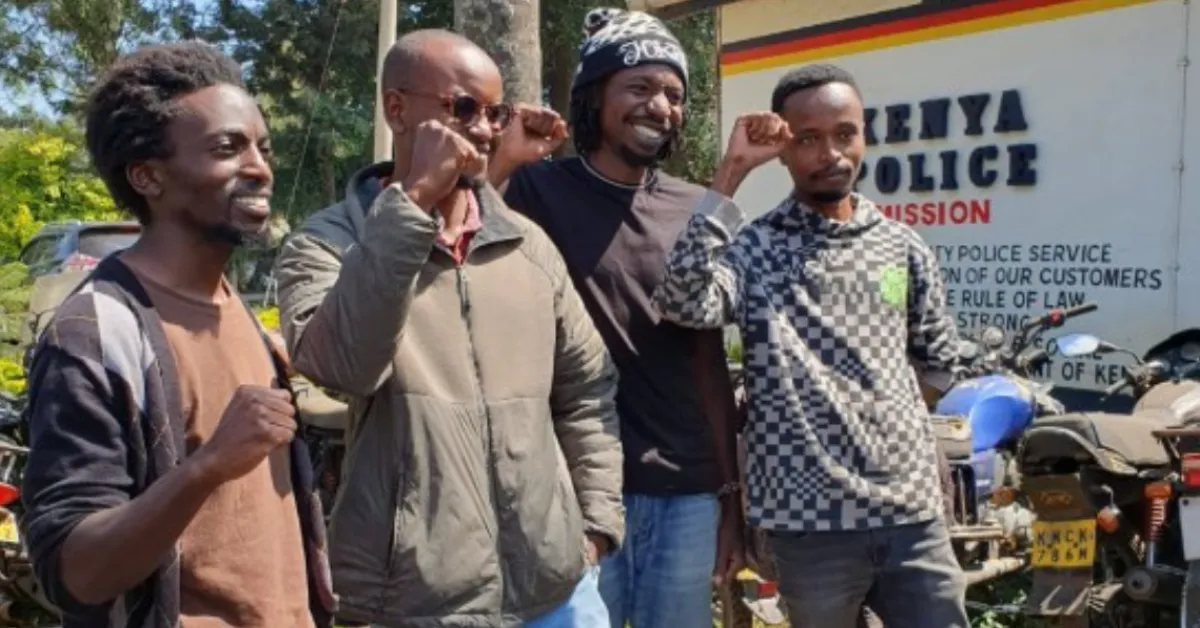
Four Kenyan filmmakers were released Saturday without charges, following their Friday night arrest, which has sparked widespread criticism and renewed concerns about press freedom in Kenya.
However, authorities continue to hold their equipment, including hard drives, seized during the operation. Nicholas Wambugu Gichuki, Brian Adagala, Mark Karubiu, and Christopher Wamae were detained under circumstances that remain unclear. The arrests took place in Nairobi's Karen neighbourhood and appeared to be a raid orchestrated by the Directorate of Criminal Investigations (DCI).
Lawyers representing the filmmakers confirm that they were initially booked for "false publication," though no formal charges were presented before their release. While the four were granted free bond, their professional equipment remains confiscated, raising concerns about potential intimidation tactics. A coalition of lawyers and activists swiftly mobilised to demand the filmmakers' release. The Law Society of Kenya (LSK), alongside organisations such as the Defenders Coalition and Vocal Africa, worked to ensure that the four were not held indefinitely.
Lawyer Ian Mutiso, part of the legal team, says that the immediate focus is now on protecting their rights and ensuring due process. Mutiso describes the coordinated efforts that led to their release, noting that he had personally contacted multiple police officers, including the regional commander, to ascertain their detention status. He also reveals that officials at Pangani Police Station, where the filmmakers were held, distanced themselves from the decision to arrest them, attributing the order to DCI headquarters.
This admission has led to questions about potential political involvement in the case. The continued withholding of the filmmakers’ devices, including cameras and hard drives, has legal experts concerned about the implications for investigative journalism and documentary filmmaking in Kenya. The absence of formal charges has further fueled speculation that the arrests were an attempt to discourage reporting on sensitive issues.
The arrests occurred following the release of Blood Parliament, an investigative documentary produced by BBC Africa Eye. The film examines the Kenyan security forces’ use of live ammunition against anti-tax protesters in June 2024. The documentary alleges that officers from the National Police Service (NPS) and the Kenya Defence Forces (KDF) fired into crowds during demonstrations led by young Kenyans demanding economic reforms.
Footage featured in Blood Parliament has sparked public outrage, with many calling for accountability over alleged extrajudicial killings. Clips reportedly show uniformed personnel deliberately shooting at unarmed protesters, reigniting debate over police brutality and state responses to civil unrest. The BBC has since clarified that the arrested filmmakers were not involved in the production of Blood Parliament, contradicting earlier speculation that their arrests were directly linked to the documentary.
Director of Public Prosecutions (DPP) Mulele Ingonga has ordered the Independent Policing Oversight Authority (IPOA) to conduct an inquiry into the events surrounding the June 2024 protests. Ingonga acknowledges that the documentary raised serious concerns about law enforcement’s handling of demonstrators, calling for a transparent investigation. However, legal experts argue that IPOA’s jurisdiction may be insufficient to address all aspects of the case, particularly if military personnel were involved.

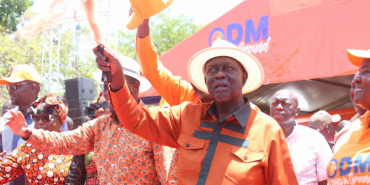
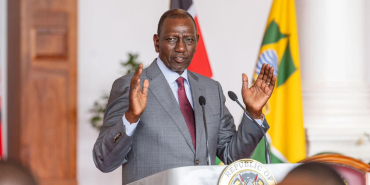
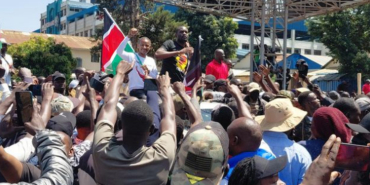
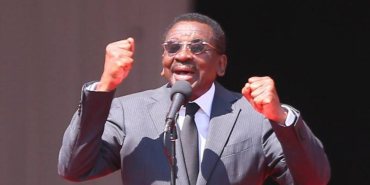
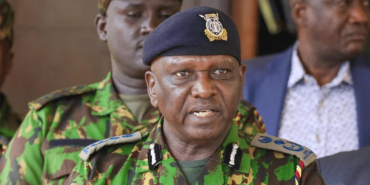
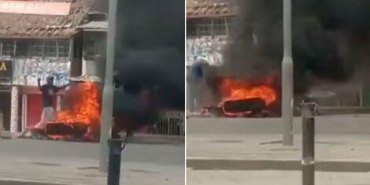
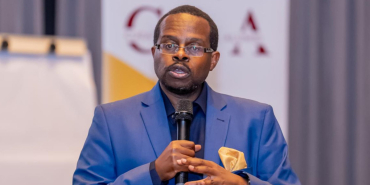
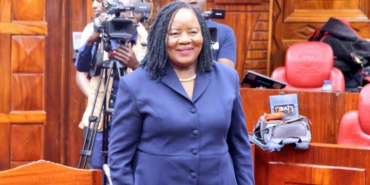





Add new comment